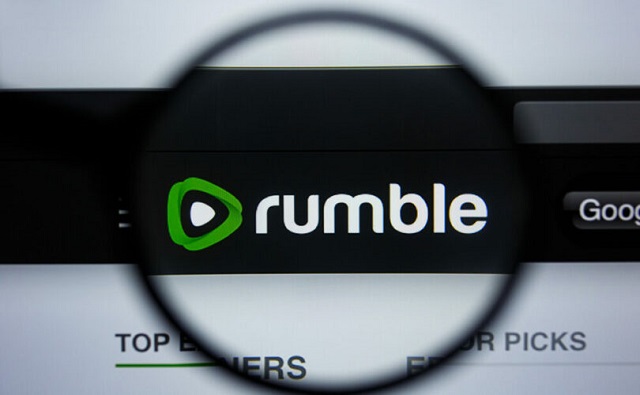From The Center Square
President Donald Trump on Saturday said he will impose 30% tariffs on imported goods from the European Union and Mexico in his latest move to balance trade between the U.S. and other countries.
The tariffs are set to go into effect Aug. 1.
Saturday’s announcement comes a day after the U.S. Department of Treasury released a report Friday showing that tariff revenue helped revenue in the month of June exceed expenses by $27 billion.
“We have had years to discuss our Trading Relationship with The European Union, and we have concluded we must move away from these long-term, large, and persistent, Trade Deficits, engendered by your Tariff, and Non-Tariff, Policies, and Trade Barriers,” Trump wrote in the letter to the EU and posted on his Truth Social account. “Our relationship has been, unfortunately, far from Reciprocal.”
The 30% tariff on EU goods is higher than expected. EU trade ministers are scheduled to meet Monday and could agree to increase tariffs on U.S. goods as retaliation.
In his letter to Mexico, Trump said the U.S. neighbor to the south has helped stem the flow of illegal narcotics and people from entering the country but added that it needed to do more to prevent North America from being a “Narco-Trafficking Playground.”
Earlier in the week, Trump announced new tariffs on several other countries, including 20% tariffs on imports from the Philippines; 25% on Brunei and Moldova; 30% on Algeria, Iraq and Libya; and 50% on Brazil.
All of the new tariffs announced this week are scheduled to go into effect Aug. 1.
• The Center Square reporters Therese Boudreaux and Andrew Rice contributed to this report.
















